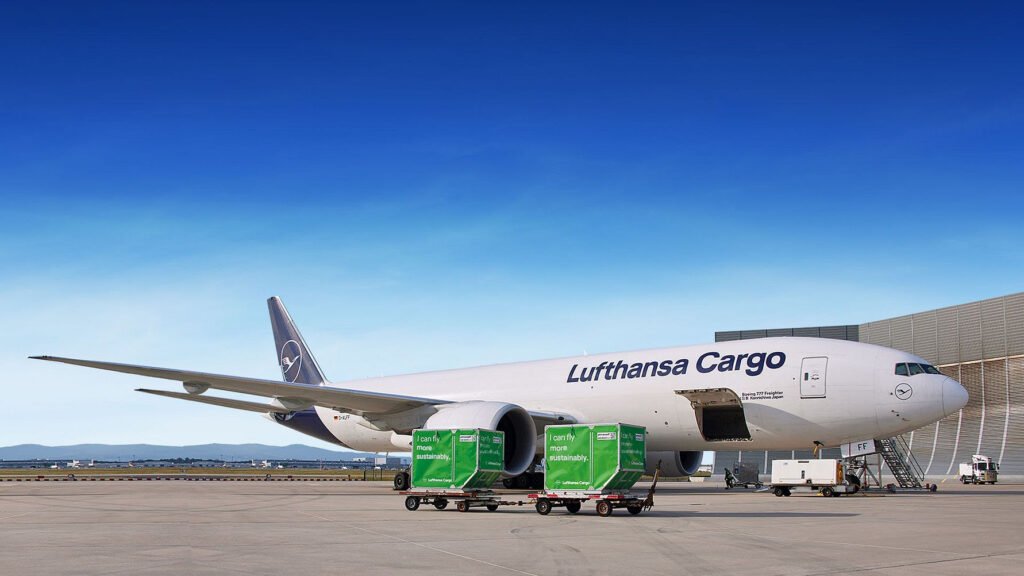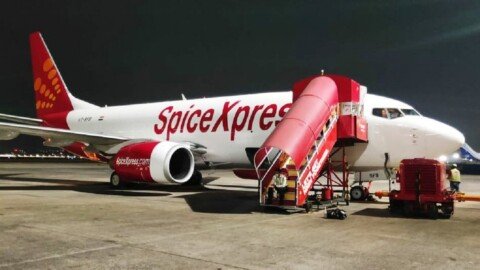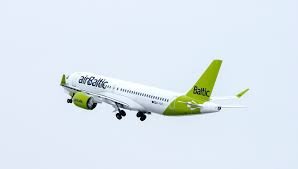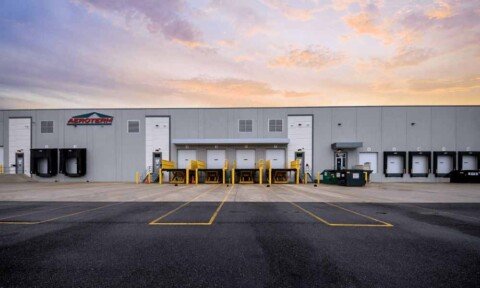Lufthansa Cargo and Best Services International Freight (BSI) have partnered to significantly reduce the Chinese logistics company’s CO2 emissions from airfreight. BSI has committed to investing in approximately 137,000 liters of Sustainable Aviation Fuel (SAF) from Lufthansa Cargo, offsetting the CO2 emissions produced by its flights. This landmark agreement was reached on June 26 during the “transport logistic China” trade fair in Shanghai.
“Best Services International Freight is our first customer in China to opt for the use of more than 100 tons of SAF,” said J. Florian Pfaff, Head of Region Asia Pacific at Lufthansa Cargo. “Examples like this help reduce our CO2 emissions and promote the use of SAF worldwide. Every customer who takes advantage of this opportunity is making a significant contribution to the decarbonisation of logistics. The interest shows us that there is great potential for this, especially in Asia.”
Dr. Wilson Wong, Group CEO of BSI, emphasised the significance of the partnership: “The cooperation with Lufthansa Cargo strengthens our partnership. As China’s leading air cargo logistics company and an industry leader in the digitalisation process, we combine progress with responsibility. With limited SAF production globally, agreements like this are of paramount importance.”
SAF is crucial for sustainable aviation, offering a CO2 footprint approximately 80 percent lower than conventional kerosene throughout its lifecycle. Produced mainly from biogenic residues, such as used cooking oils through the HEFA process, SAF can be used in regular flight operations without infrastructure adjustments, and does not conflict with food production.
Lufthansa Cargo has been offering SAF through the Lufthansa Group’s “Sustainable Choice” service since September 2021. The Lufthansa Group is dedicated to achieving a neutral CO2 balance by 2050 and halving net CO2 emissions by 2030 compared to 2019. Alongside SAF, efforts include fleet modernisation and operational efficiency improvements to ensure long-term sustainability in aviation.







